Happy returns: Invest in yourself, and your career
Reporters should always seek ways to learn new skills. Don’t wait for your company to invest in your professional development.
Welcome back to Don’t Forget My Voice, a newsletter to help you navigate journalism’s chaotic and toxic maze. I’m Mc Nelly Torres, a longtime investigative journalist, editor, trainer and mentor.

I can’t remember what drove me to apply for a fellowship to attend the weeklong data journalism bootcamp in 2000.
It was my first time applying to any training-driven fellowship.
The Lawton Constitution, where I worked, had a small budget and didn’t offer financial support for professional development. My colleagues didn’t attend any conferences or training. I was into my fourth year working there and I had learned everything I could from my colleagues who were older and more experienced than I was.
I was covering the criminal justice beat, including the courts, the county jail problems and a prison Wackenhut built in Lawton, but I was often sent with a photographer to chase tornadoes (something I hated), cover wildfires, gas explosions and deadly car crashes. Off the clock and in the background, I was working on my first investigative series, amassing documents including the medical examiner’s autopsy reports. More on that in the future.
My quest to find a community of like minds led me to attend my first conference — Unity 99 in Seattle.
I was a member of the Investigative Reporters and Editors, a membership group for professional journalists, that offered a seminar at the conference, with members offering eye-opening sessions on crime and census data. I was starving for knowledge and desperately looking for a place to learn new skills that would help me produce ambitious investigative data-driven journalism.
Brant Houston, then IRE’s executive director, introduced me to the fellowships after we met at the conference. He told me IRE had two fellowships then — one for journalists of color and another one for journalists working in small organizations.
I was all in, but it took me a year to circle back to this.

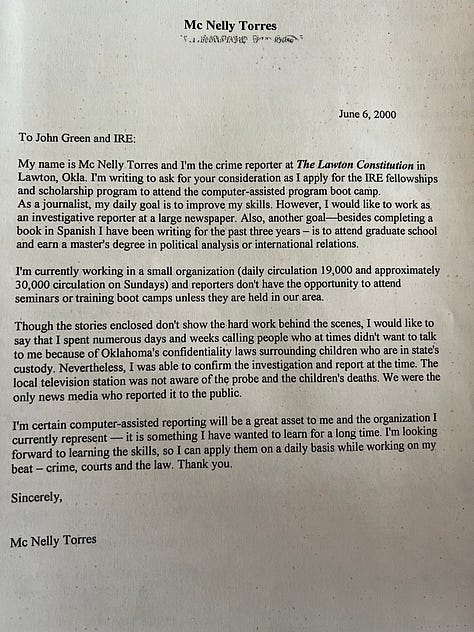
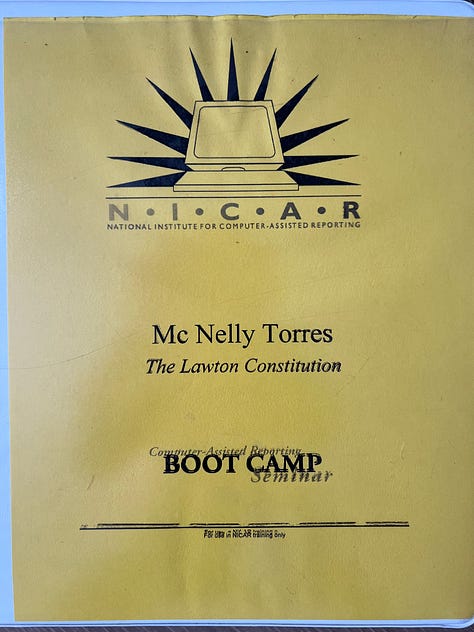
After I decided that it was time to pursue this fellowship, I asked Mark Finley, a city editor I trusted in my newsroom, whether he would write a letter of support for my application.
It was a long shot, I thought, but the universe was about to teach me a big lesson: with risk can come reward.
Finley wrote the letter and I applied. I was thrilled after I got an email announcing that I was selected to attend IRE’s weeklong data boot camp, held at the Poynter Institute in St. Petersburg, Florida, in November 2000.
The training changed my career.
New skills, more opportunities
We left Oklahoma a month after I returned from the data bootcamp. We packed our family of four and our puppy and moved to Columbia, South Carolina, after the U.S. Army assigned my husband to Fort Jackson.
This was our seventh move in 13 years.
The country was amid a recession and it took me months before I got a job at the Morning News in Florence, South Carolina. It was more than an hour commute from Columbia, but I had no other choice if I wanted to stay in journalism. So, I took the job.
I was the only person in the newsroom with data skills and I had a great city editor, Jackie Torok, who encouraged me to dig deeper with every story.
And so, I started filing open records requests to obtain databases from the state such as voter rolls and other data. I eventually produced a two-part series on bridge inspections and the neglected infrastructure in South Carolina.
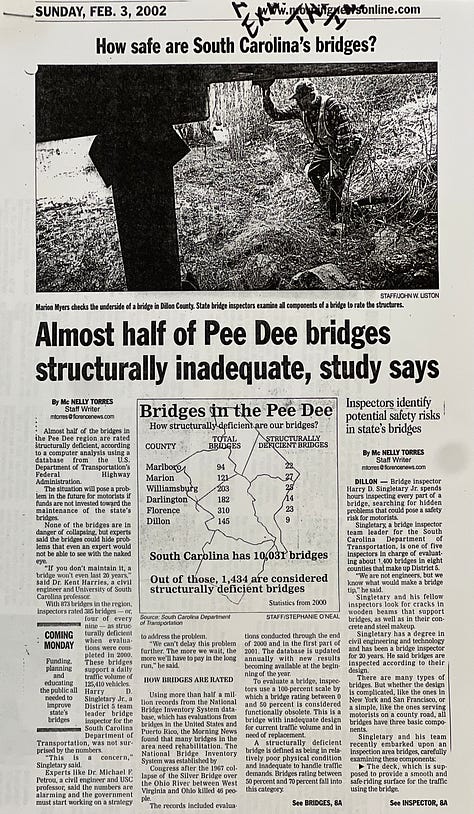

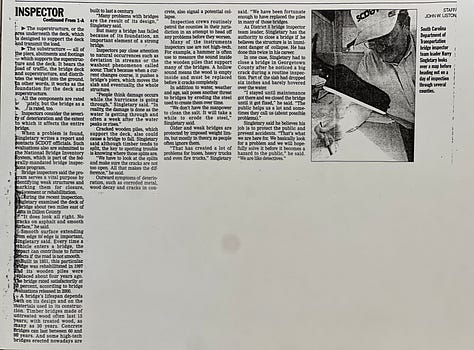
This specific database was among those used at the National Institute for Computer-Assisted Reporting (NICAR) bootcamp and producing this story was a great learning opportunity. I obtained the National Bridge Inventory and inspection dataset from the U.S. Department of Transportation through NICAR’s database library store, and I used my old laptop to run queries in Access, a Microsoft database manager, that took hours. After I completed the analysis, including rankings, I contacted the state and requested permission to shadow a bridge inspector.
But data skills also gave me a new sense of math awareness, which had me constantly fact-checking the numbers on everything as I was reporting, including government budgets and legislation that affect the environment.
This new appreciation for math helped me as I covered hog farms applications with the South Carolina Department of Health and Environmental Control.
The applications were contentious and Darlington County’s rural residents were concerned and divided after they learned through my reporting that a local farmer was opening several hog houses.
During an open meeting, this specific farmer had told local officials serving on a water conservation board that he didn’t want the public to know about his application. I discovered this as I reviewed and revised the board’s meeting notes.
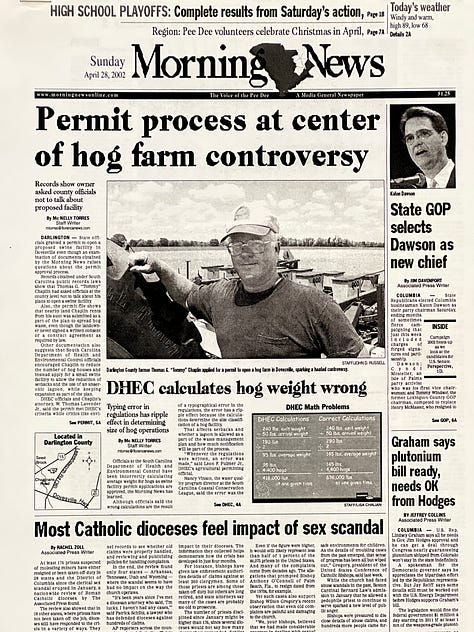
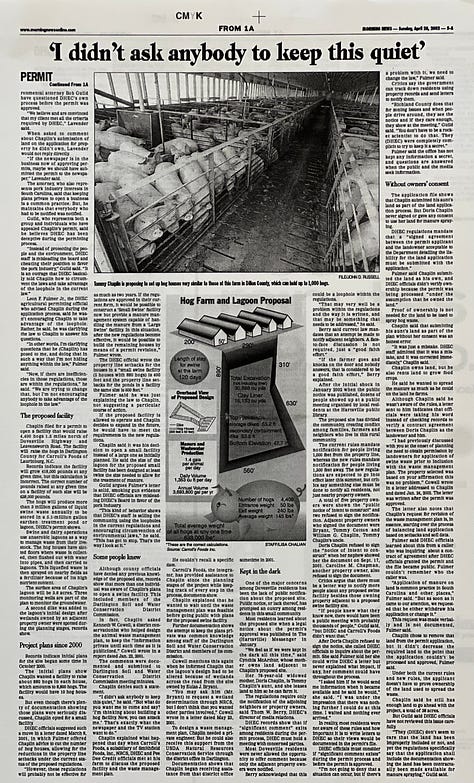
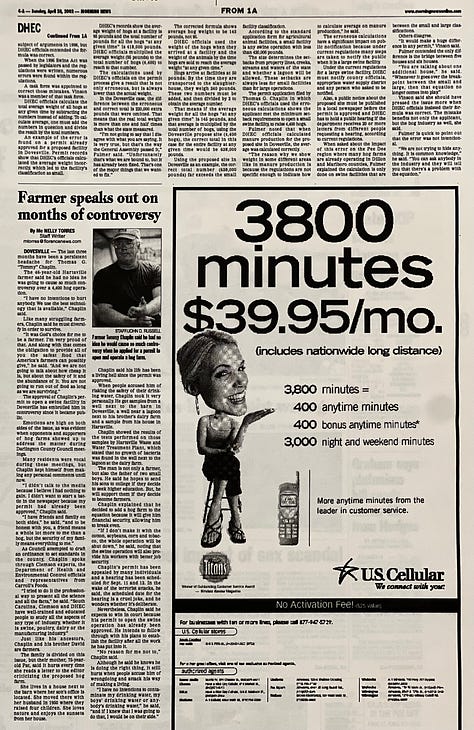
As I delved into hundreds of documents as part of the hog farm application with the state I discovered that state environmental officials were basically guiding the farmer in how to circumvent the rules to have his hog farm permit approved without the public scrutiny the law required.
But I also discovered through a revision of the state law and the permit applications that the Department of Health and Environmental Control had been incorrectly calculating the hog average weight for hogs as the state approved swine facility permit applications.
The erroneous calculations would always return a lower number, helping the applicant to open a hog farm without meeting any rigorous requirements, such as holding public hearings, that larger farms had to follow.
This was huge because the hog weight totals determined the size of the hog farm and which environmental rules would apply — including whether a lagoon could be part of the waste management plan and whether to notify the public and hold public hearings.
State environmental officials blamed the bad calculations on a typo on the law that they hadn’t bothered to correct.
Meanwhile, Darlington County residents had no idea what was happening in the farms around them until they began smelling hog waste.
This sparked conflict between families who had lived peacefully next to one another for generations. So began my investigation of state hog permitting, uncovering wrongdoing and assembling the pieces to inform the public.
Invest in your own career
In today’s challenging journalism atmosphere, jobs are constantly changing and journalists must focus on their own career development. You need to stay ahead of the curve and decide what will set you apart from everyone else.
Having diverse skills will help you expand your horizons and make you more attractive for future job opportunities.
David Fano, CEO of Teal, the company behind a résumé- building tool, said people need to take control of their careers even if they are salaried employees: “It’s not waiting for the company to train you; you’ve got to train yourself. Is not waiting for the company to say, ‘Hey, we’re doing a comp review,’ and then hoping for a raise. You need to know your worth and go get paid more.”
Investing in my own professional development since I attended the bootcamp has been the best decision I’ve ever made. I became an active member of IRE. I ran for the board of directors and became the first Latina elected, I’d paid my way to conferences for years participating as a speaker and trainer.
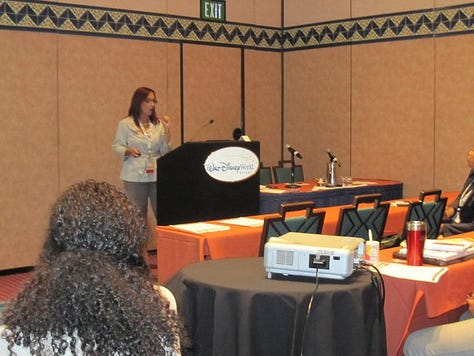
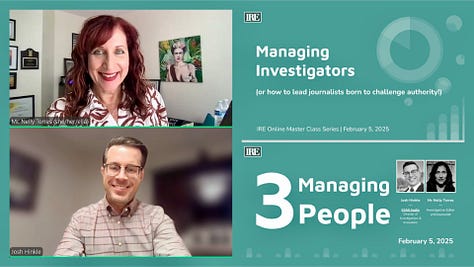
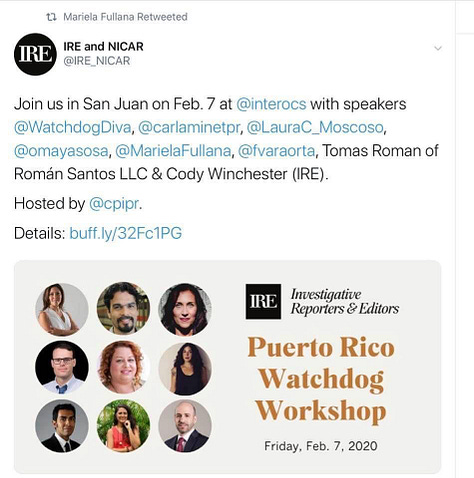

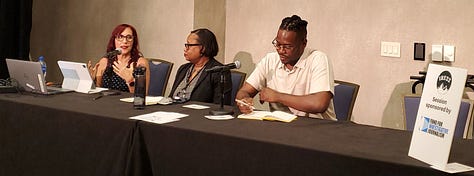
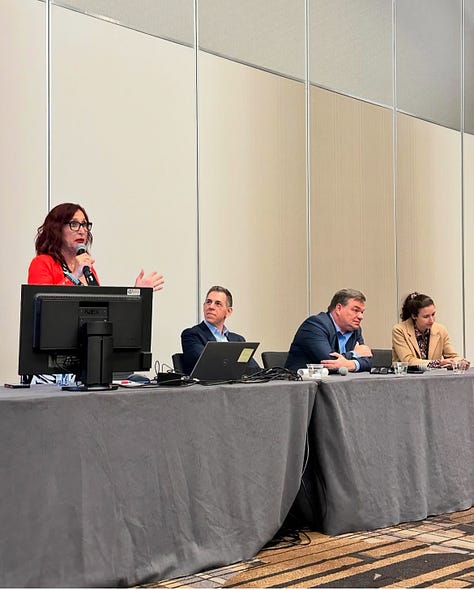
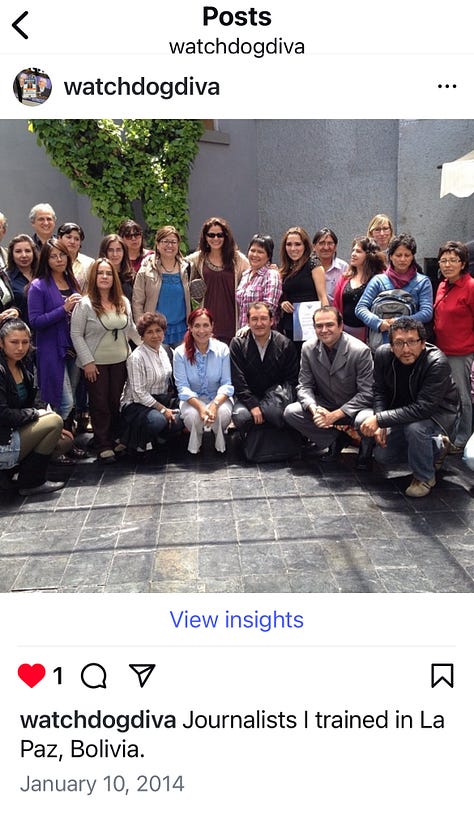
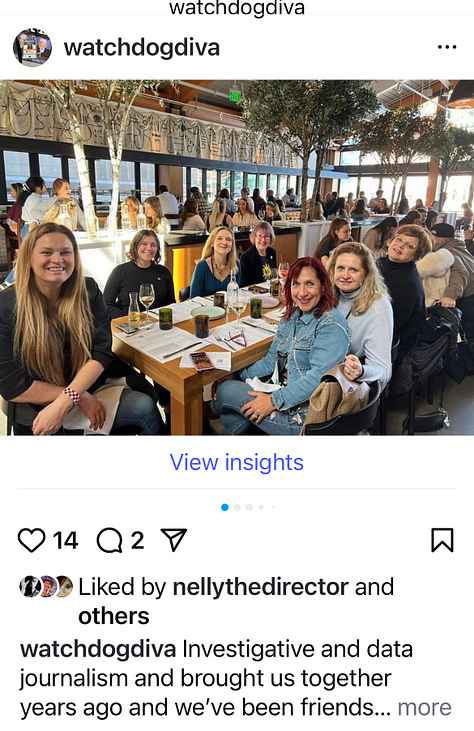
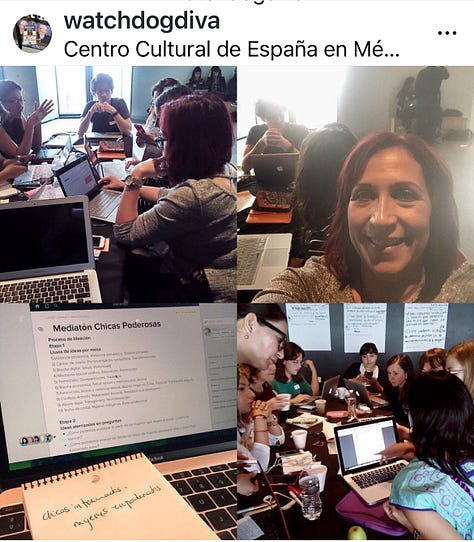
It has been my way to pay it forward but also a chance to tell others: Do not expect your employer to invest in your career. If they do, good for you.
But the reality is that media companies are a business, and as such, they will prioritize business needs and how to increase revenue without making huge investments.
Ultimately, you know what’s best for you and your career.
Make that investment. You won’t regret it.
Follow Mc Nelly on Bluesky, Threads, LinkedIn, X, Substack Notes and be part of the community I’m building online. Drop me a note if you want to provide feedback, would like me to discuss a specific subject, collaborate or just to say hello at mcnellytorres@substack.com. Join our chat room here.
Never miss an update—every new post is sent directly to your email inbox. For a spam-free, ad-free reading experience, plus audio and community features, get the Substack app.
Tell me what you think
Be part of a community of people who share your interests. Participate in the comments section, or support this work with a subscription.





